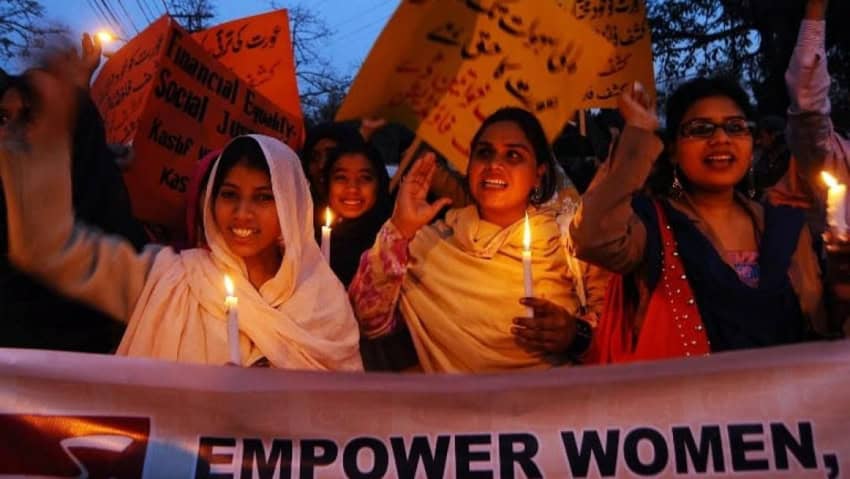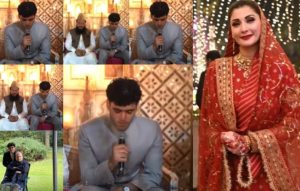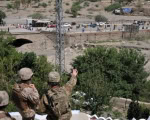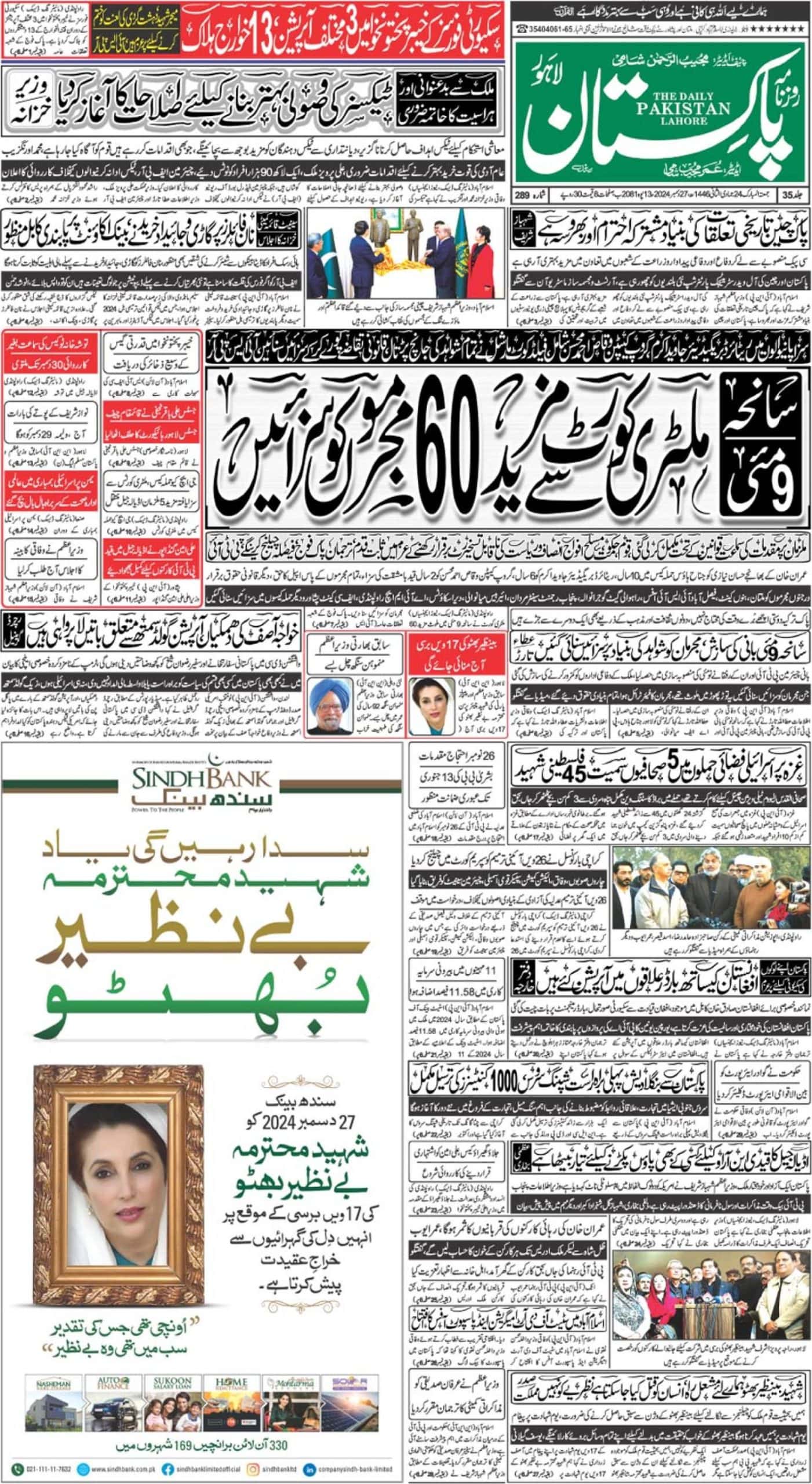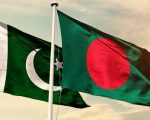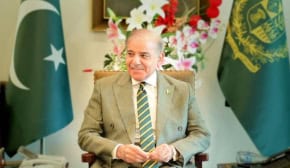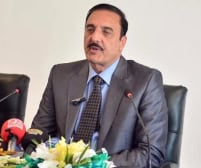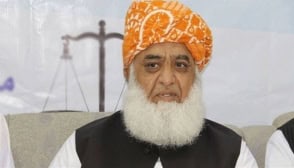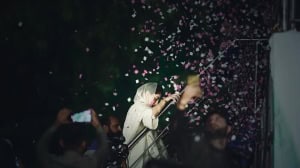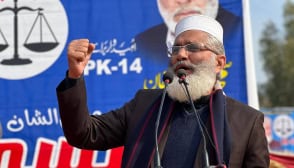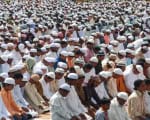Today (the 8th of March) is globally recognized as International Women’s Day.
This day has been recognized and observed since the early 1900’s – in a time and turmoil of the newly industrialized world that continued to see a booming population growth and rising radical ideologies. International Women’s Day, is at large, a day of global celebration as well as a call to action for gender parity.
Celebrated in Pakistan and other countries around the globe, to what extent has the tradition of International Women’s Day each year changed and broken down barriers (the chaar deewaris) for women in Pakistan?

It’s 2017. Let’s take a look at the some of the biggest challenges and trials still faced by a multitude of women in Pakistan today:
Gender biases
As the heading clearly suggests, there is no debate over the fact that men are given unfair advantages over women under unquestionable circumstances. Unofficial policies exist in private as well as government institutions with regard to the hiring of women, as it is commonly believed that they’ll either get married and quit, or take days off or leaves during their maternity periods. This is downright discrimination and this, of course, robs women of many good opportunities that places them at a lower position in the society.
Sexual harassment
The most common problem faced by women in Pakistan is that of sexual harassment. Men continue to believe that a a working woman is “public property”, and often attempt to take advantage of this. Unsafe and unhealthy environments in Pakistan have been ever-prevalent and this is what contributes to the male mindset of considering weak and fragile women as easy targets.

Finding balance between work and personal life
When you’re from Pakistan and have a desi background, the first and foremost that your family expects is for you to fulfill the demands of the house and taking care of responsibilities cheered on to you by your elders. You simply cannot get out of taking time out for your barray or ghar walay. If you wish to be an independent working woman on your own accord you’ll be sure to find yourself leading a double life of a professional worker in an office or elsewhere and a cook at home.
Education and marriage
We come across many fathers and mothers that question the need for their daughter’s desires of attaining a higher education when instead she is all set at the right age to be a victim of marital concerns. After all, marriage is the only and ultimate end for every girl in Pakistan. Whether its death threats from the brother if she dares to refuse marriage or physical thrashings from the parent, a majority of the girls in Pakistan are likely to be forced to discontinue their hopes of attaining an education from abroad or within their country and be sent off in marriage proposals to older men.

Husband’s insecurities
Now if you’re married or are a married working woman (if you’ve been lucky enough), you’ll probably have to find yourself dealing with your husband’s ego and obscure insecurities time and again. Men in Pakistan usually believe that their kind of gender should be the only breadwinners of the entire family. They might feel threatened by your interaction with male colleagues and see your proud achievements as unwanted threats.
Loug kya kahain gai?
This one factor or claim has ruined a majority of women’s lives as compared to no other. Whether you’re a working woman or a housewife, there’s always the threat of ‘log kya kahain gai‘ and how others will perceive you through their own judgments and opinions. They’ll assume that by working or doing something for yourself, you’re neglecting your house, family and kids etc, and most probably accredit you with filthy and hurtful titles.
Rape and honour killing
These two problems are part and parcel of the bigger picture in this country which a lot of people tend to completely ignore. Rape culture is wrong, but in actuality, rape culture is justified within Pakistan. It is justified by the excuse that Islam promotes modesty and has tasked men with protecting inferior women. It is furthermore, justified by the most dangerous of all excuses, traditional norms. Also, the conduct of tribal jirgas that form the very institutionalized basis of Pakistan’s rural power structure act as the antithesis of state law with their decisions massively insensitive towards women and in favour of these heinous crimes.
Even despite the introduction of the Criminal Law Act in 2016 with amendments in previous laws, 95% of victims of honour killing today are still women. Up to 1000 women are murdered every year in the name of honour, Aurat Foundation reports, with more than 60% of honour-related crimes going unreported.

The theme for International Women’s Day 2017 is #BeBoldForAChange. On this International Women’s Day, do you think you are one step closer towards raising your voice against these crimes and forging a better and inclusive Pakistan?
